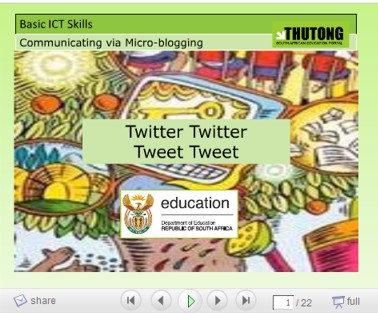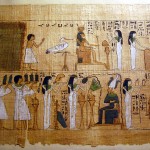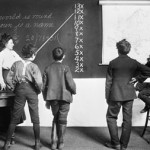I often wonder if I’m suited to my role as teacher librarian. From the point of view of my own taste in particular. My library ‘superior’ (who will remain nameless in case what I’m about to say will incriminate her – I’m joking), has said in half jest a few times that I’m a reading snob. And I am. My tastes are often on the edge of out there. I mean, my undergraduate thesis was on Max Frisch’s Graf Oderland – a play about a lawyer who put an axe into his briefcase and joined the underground movement. My point is, my reading tastes do not often coincide with the general population of students. This bothers me since, obviously, I need to be able to inspire the students (in my school, boys) to read. I should be reading action and adventure, fantasy, sports fiction, and crime. But it ends up that the books I read and recommend sit neatly on the shelf and remain so.
This was the case when I read Looking for Alaska by John Green. I was convinced that teenage boys would love this book but it didn’t happen. Well, obviously, I knew that not too many would rush to read it, but I didn’t expect almost nobody. And so I’m often pondering my role in this situation. Should I give in and read and talk about the popular books, authors and series that have their due date slip stamped all over, or should I stay true to my conviction that teenagers’ fiction menu needs to be expanded to include those books they would normally not touch. I don’t mean cater to the reading minority, I mean somehow inspire the majority to read outside of their comfort zone.
Reading John Green’s blog, I recently came across a post that gave me hope. In this post John talks about a comment he received from a (presumably) teenager who sees in Paper Towns references to Orpheus. Having read this comment, John questions whether we should presume that most teenagers are incapable of critical reading. In fact, he actually questions whether we should exclude more challenging writing from teenagers or presume that they haven’t read widely. Here’s a little of what he says:
I would argue that when we think about teens as readers, we need to stop thinking about the teens we know. Like, around us, teens can be awkward and intellectually unimpressive. But they often aren’t showing us their best selves, precisely because they feel the intellectual distance between us and them. I’d argue that the ONLY way to bridge that distance is to deny its existence.
And here is an extract of the student’s comment where he sees connections between John Green’s novel and Orpheus.
I was so blown away by Paper Towns I reread it right away. And the second time, I was really struck by the scene where Margo gets bit by the snake. It reminded me of the story of Orpheus and Eurydice, which I especially love Rilke’s version of. I realized that the whole book could be loosely seen as within that framework. She is taken from him – not through fate but through her own will – just when they begin to redevelop some sort of a relationship. And she is, from his point of view, lost in the underworld; he actually thinks she is dead. She has gone to the world of the paper towns, and he is willing to follow her despite all the dangers and obstacles.
The comment is longer than that and I recommend you reading the rest of it.
So what’s my point? Well, the first point is that we shouldn’t assume that readers like this one don’t exist. They may be hiding. There may be more of them than you think.
My second and more important (for me) point is that if we don’t expand teenagers’ reading tastes we do them a disservice. Yes, they should read what they enjoy. Yes, most boys will still read Matthew Reilly – but in between I’m going to come out of left field and surprise them with something different. That’s how I functioned as an English teacher – not suppressing what I considered thought-provoking, not keeping silent if I thought that something was worth pointing out. Shock them a little, confuse them a lot, and they’ll gradually get used to it. Their world view will expand. They’ll surprise you.
As for me, I think I might consider staying true to myself in my role as teacher librarian.




